If you’ve spent any time in online webtoon communities or adult graphic story forums, you’ve likely come across a buzz about Secret Class. The name alone sparks curiosity, and the story behind it dives deep into hidden emotions, moral complexity, and forbidden relationships. This isn’t just another adult-themed webtoon—it’s a controversial social mirror reflecting human temptation and inner conflict.
Let’s unpack what makes this series so magnetic, the meaning behind its symbolism, and why it’s become a hot topic among readers worldwide.
What Is Secret Class? – A Quick Overview
Secret Class is a Korean webtoon that falls under the adult drama and slice-of-life genres. It blends sensual storytelling with complex psychological undertones. The series was created by Minachan (author) and Gang Cheol Wang (illustrator), both well-known names in the mature manhwa space.
Unlike standard romance comics, Secret Class focuses on the emotional confusion of youth and the clash between moral boundaries and personal desire. It tells the story of a young man discovering hidden aspects of family, love, and sexuality, leading to choices that blur the lines between right and wrong.
Genre: Adult, Drama, Psychological
Language: Korean (English translations available)
First Published: Late 2019
Platforms: Toomics, TopToon (official sources)
The Storyline – Deep Dive into the Plot
At its core, the story revolves around Daeho, a young protagonist who faces both emotional and moral dilemmas. After losing his parents, he moves in with relatives. Life seems ordinary until he starts uncovering secrets within the household—secrets that change everything.
The story evolves through emotional layers rather than action. It explores the awkwardness of growing up, the conflict between curiosity and guilt, and the blurred ethics of adult behavior seen through youthful eyes.
Key Story Arcs:
- The Awakening Phase – Daeho starts realizing the hidden dynamics around him.
- Temptation and Curiosity – His curiosity leads to emotional confusion and guilt.
- Consequences of Secrecy – Lies begin to unravel, forcing him to face hard truths.
- The Maturity Arc – Daeho starts understanding responsibility and emotional consequence.
The storytelling style is immersive—often shifting between light humor and intense introspection. Readers get a front-row seat to a story about self-discovery in a world full of concealed emotions.
Secret Class Characters – The Faces Behind the Mystery
The characters in Secret Class are not just background figures; they carry psychological weight. Each one represents a part of human nature—temptation, guilt, care, or loneliness.
Daeho – The Protagonist
Daeho is the central figure and the audience’s emotional lens. His curiosity and naivety make him relatable, while his moral dilemmas keep the story grounded. Over time, he transitions from an innocent observer to a man grappling with the consequences of his desires.
June – The Matriarch Figure
June acts as both a guardian and a catalyst in Daeho’s journey. Her character embodies complexity—loving yet flawed, protective yet vulnerable. She symbolizes the internal tug-of-war between duty and desire.
Mia – The Confidant
Mia offers emotional relief in the story. Her presence provides moments of tenderness and reflection, making readers pause and question what “love” truly means in such a context.
Supporting Characters
Other family members and secondary characters contribute to tension, acting as symbols of societal expectations and hidden hypocrisy. Their subtle actions often trigger major plot shifts.
Themes and Symbolism in Secret Class
While it’s easy to label Secret Class as a mature story, its themes dig deeper than surface-level sensuality. Beneath every panel lies symbolism about secrecy, morality, and emotional vulnerability.
Major Themes:
- Secrecy and Desire: The title itself hints at forbidden lessons—things we’re not meant to see or learn.
- Moral Conflict: The story constantly challenges the boundary between right and wrong.
- Loneliness and Emotional Void: Characters seek comfort in secrecy, revealing how loneliness drives risky decisions.
- Coming of Age: Daeho’s journey mirrors the painful path of self-awareness and emotional awakening.
A striking metaphor that runs throughout the series is the “closed door”—a symbol of temptation and privacy. Each time a door opens, something hidden comes to light, reflecting human curiosity and consequence.
Why Secret Class Gained Massive Popularity
The series didn’t just become famous—it became a digital phenomenon. Fans across Reddit, Discord, and webtoon forums discuss every chapter, analyzing motives and moral implications.
Here’s why it took off so quickly:
- Taboo storytelling – It dares to explore topics many stories avoid.
- Realistic artwork – The illustrator’s attention to detail enhances the emotional gravity.
- Psychological depth – Readers are drawn into the inner turmoil of each character.
- Community engagement – Fan theories and chapter breakdowns keep the fandom alive.
Quote from a fan forum:
“It’s not just about adult scenes. It’s about the choices people make when no one’s watching.”
The series pushes readers to reflect on their own boundaries and moral compass.
Controversies and Criticism Around Secret Class
With fame comes friction. Secret Class has faced criticism for its explicit nature and ethical ambiguity. Some readers see it as crossing moral lines, while others argue it’s a psychological exploration of human desire.
Common Criticisms:
- The storyline blurs family boundaries uncomfortably.
- Some themes risk normalizing morally questionable behavior.
- Certain readers find the tone inconsistent—mixing humor with heavy moral topics.
Defenders, however, highlight its literary value:
- It exposes hypocrisy in moral judgment.
- It challenges readers to confront their perceptions of taboo.
- It portrays emotional consequences realistically rather than glamorizing them.
The balance between storytelling and ethics remains at the heart of every debate.
Where to Read Secret Class Safely and Legally
You can access Secret Class on official licensed platforms that respect both the creator’s rights and reader safety. Avoid pirated sources—they not only hurt creators but often contain malware or misleading ads.
Verified Platforms:
| Platform | Type | Access | Link |
| Toomics | Official Webtoon Platform | Subscription-based | https://toomics.com |
| TopToon | Official Publisher | Limited Free Episodes | https://toptoon.com |
| Lezhin Comics | Mature Series Hub | Pay-per-view | https://www.lezhinus.com |
Tip: Always check for publisher verification before accessing adult series. Supporting the legal route ensures artists continue creating the content fans love.
Alternatives to Secret Class – Similar Webtoons You Might Enjoy
If you liked Secret Class for its emotional depth or mature storytelling, you might enjoy similar titles that balance drama and desire.
| Series Name | Genre | Similarity | Platform |
| A Secret Affair | Romance/Drama | Emotional depth, secrecy | Lezhin |
| Sweet Guy | Mature/Comedy | Similar narrative pace | Toomics |
| Housekeeper | Psychological/Drama | Similar power dynamics | TopToon |
| Love Parameter | Romantic Drama | Focus on emotional conflict | Toomics |
Each of these webtoons offers its own take on hidden relationships, moral struggle, and emotional awakening.
The Psychological Layer – What Lies Beneath the Secrets
Beyond its surface-level appeal, Secret Class can be read as a psychological study of repression. Many of its characters act out due to isolation or unspoken guilt. The series becomes an unfiltered lens into how suppressed emotions find expression when no one is watching.
Key Observations:
- The secrecy acts as both a shield and a trap.
- The story forces readers to question the nature of “consent” and “power dynamics.”
- It reflects societal double standards—how people judge in public but crave in private.
This psychological realism is one reason the series has retained long-term attention. Readers aren’t just entertained—they’re provoked to think.
Moral Lessons Hidden in Secret Class
Surprisingly, amidst all its controversy, Secret Class carries a few valuable lessons:
- Curiosity has consequences. Every hidden act carries emotional cost.
- Communication matters. Silence and secrecy breed misunderstanding.
- Self-awareness leads to growth. Daeho’s maturity arc reminds readers that awareness, not indulgence, brings peace.
- Boundaries exist for a reason. The story demonstrates how ignoring them can lead to regret.
These subtle moral takeaways make it more than just adult fiction—it’s a mirror of real-life complexities.
Frequently Asked Questions
- What is the main message behind the story?
It highlights how secrecy, temptation, and moral confusion can destroy trust and emotional balance. - Is this series appropriate for all readers?
No. It’s explicitly designed for mature audiences (18+) due to its adult content and psychological themes. - Why did it gain so much online traction?
Because it merges taboo storytelling with emotional realism—a combination that sparks debate and curiosity. - Where can I read it legally?
Official sites like Toomics and TopToon offer legitimate access. - Are there similar stories with less explicit themes?
Yes—titles like Love Parameter or A Secret Affair explore similar conflicts with softer tones.
Final Thoughts – What Secret Class Really Teaches Us
Behind its mature façade, Secret Class is ultimately a story about human imperfection. It shows how easily emotions can lead people astray and how secrecy, once comforting, can become a prison.
It’s a reminder that every hidden truth comes at a price, and understanding ourselves is the real “lesson” in this secret class of life. Whether you see it as art, controversy, or cautionary tale, one thing’s certain—it leaves no reader indifferent.
Quote to close:
“Sometimes the real secret isn’t what we hide from others—it’s what we hide from ourselves.”
Table Summary:
| Element | Description |
| Genre | Adult Drama, Psychological |
| Creator | Minachan (Author), Gang Cheol Wang (Artist) |
| Themes | Secrecy, Morality, Desire, Coming of Age |
| Platforms | Toomics, TopToon, Lezhin |
| Audience | Mature (18+) |
| Symbolism | Doors, Boundaries, Secrets |
In the end, Secret Class isn’t just a webtoon—it’s an exploration of how hidden desires can teach, tempt, and transform us.


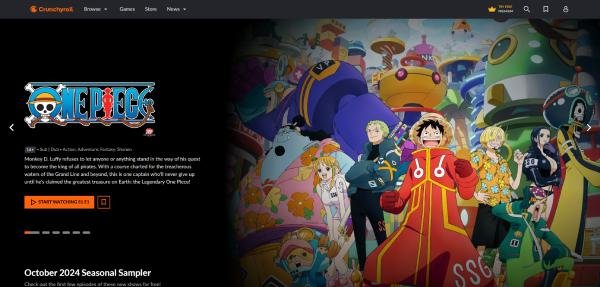

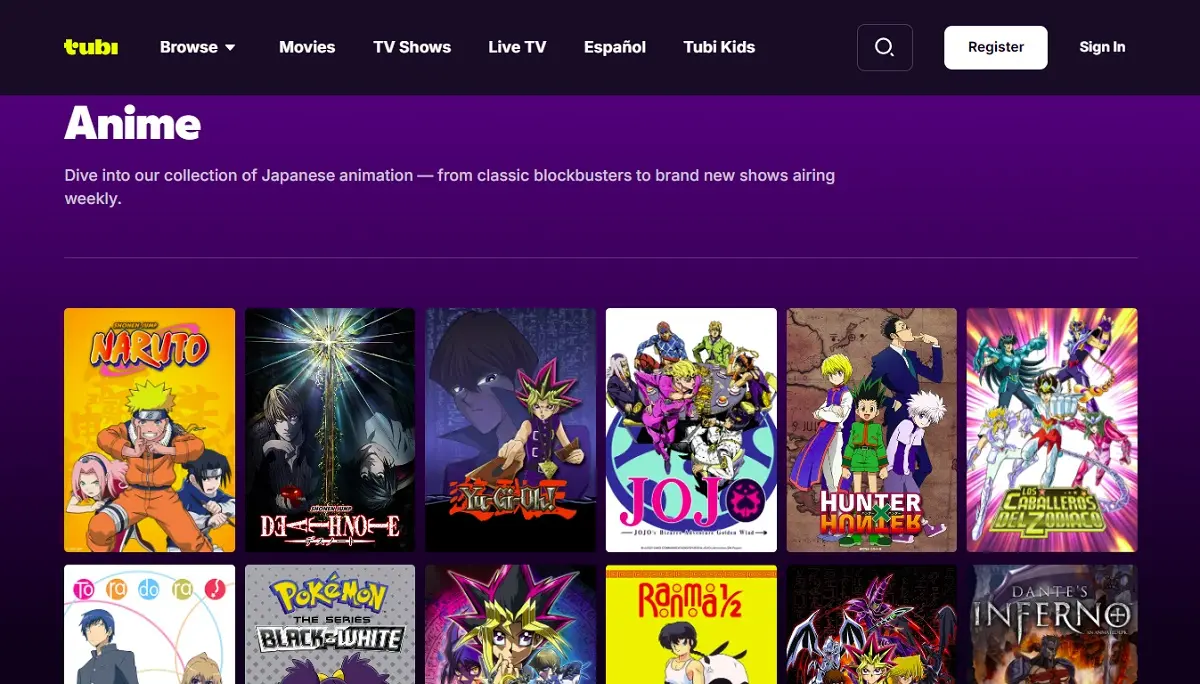
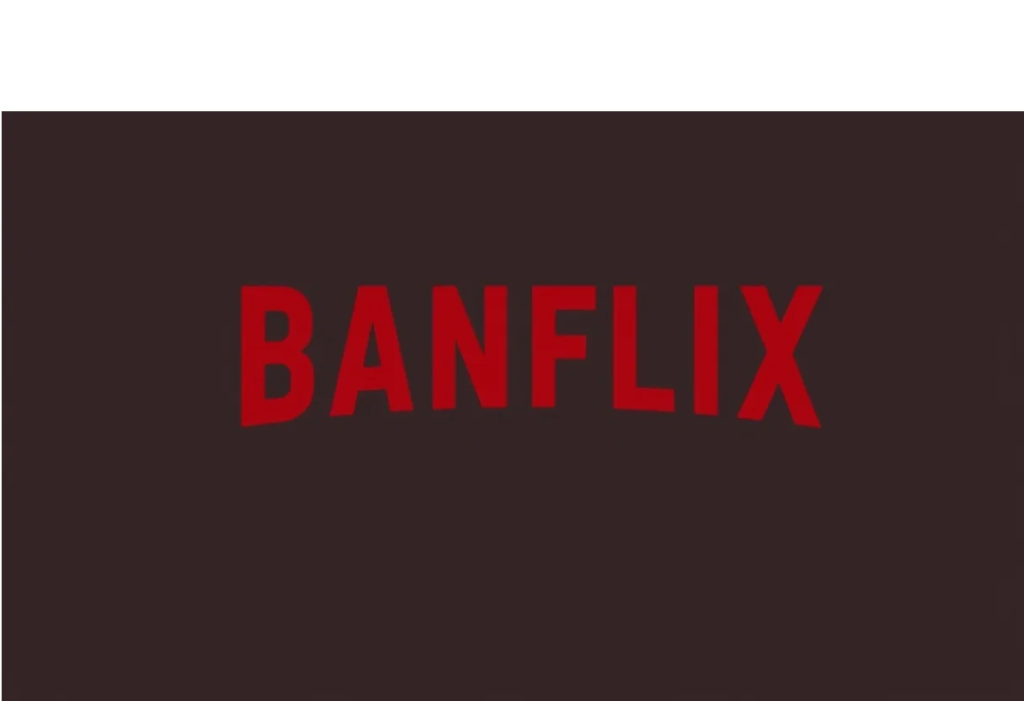
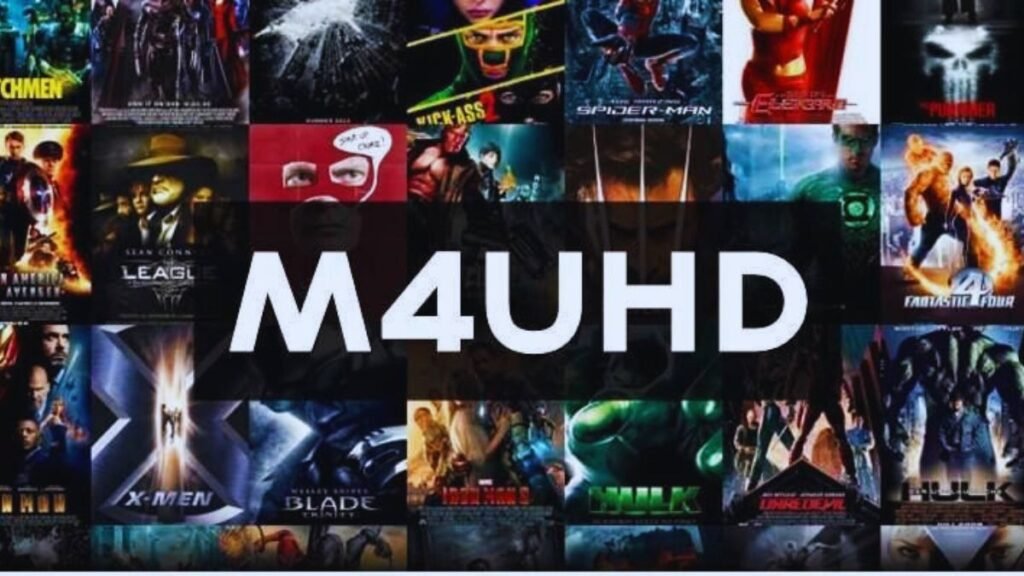



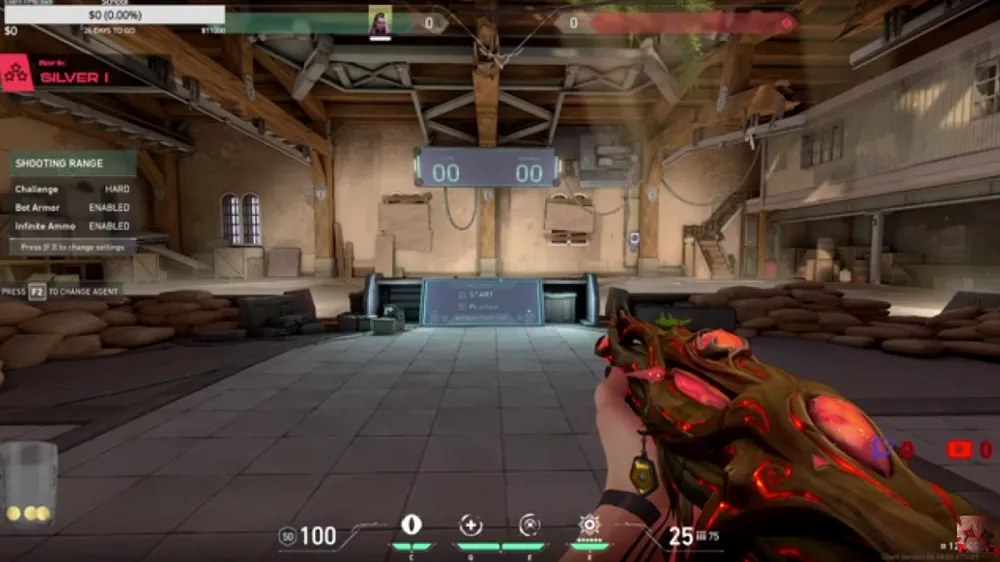


Leave a Reply